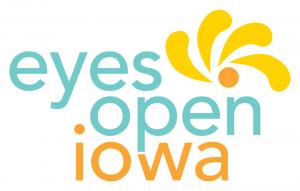STD Basics: Helping Students Stay Sexually Healthy will help increase your general knowledge of sexually transmitted diseases (STDs) and your ability to develop compelling ways to pass this information to young people through valuable lesson plans, resources and guidance from our online instructor.
Format/platform:
- Online Learning Management System (Canvas e-learning), hosted by Rutgers University
- Six-hours of total contact time utilizing videos, instructional games, discussion boards, written assignments, presentations, readings, and visual animations
- Asynchronous
- Instructor-led
All content is aligned to the National Sexuality Education Standards, the National Teacher Preparation Standards for Sexuality Education, the Professional Learning Standards for Sex Education, and the Areas of Responsibility and Competencies for Health Education Specialists.




